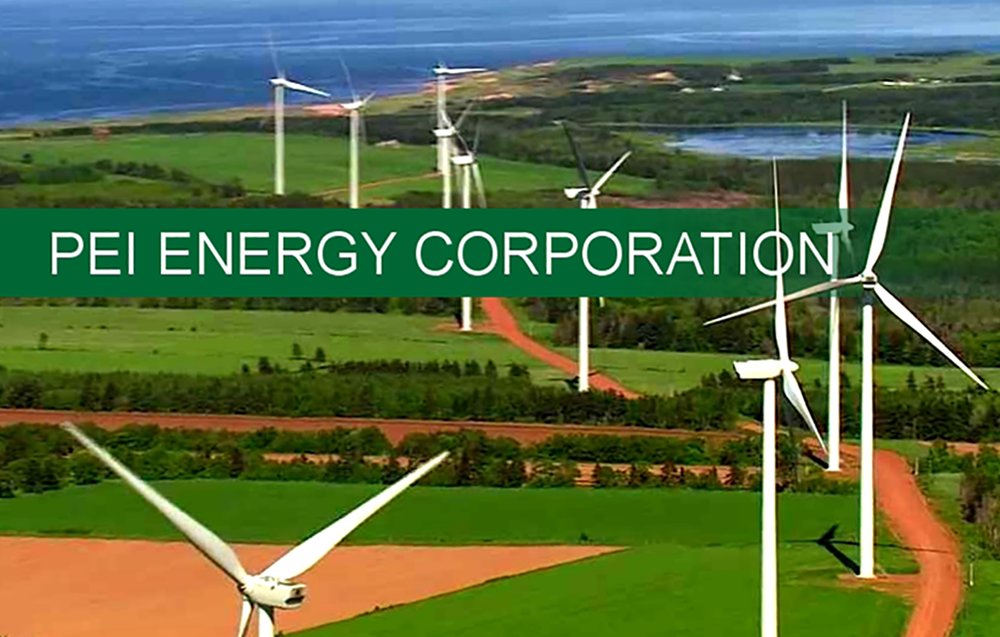Prince Edward Island Energy, or PEI Energy, is a Crown-owned electric merchant power provider (but not a utility) for Canada’s smallest province by area or population. As it is spending heavily on expanding its generation capacity, it has negative free cash flow. Using an intrinsic value method, and discounting to the present PEI Energy’s projected future net income as a proxy for free cash flows (as would be roughly the case for a mature company), as the company is today, but taxed at statutory rates, the range of estimates is $92M to $641M, with a tighter range of a median (midpoint of the array of values) of $160M to a mean (simple average) of $206M.
Under the market-based valuation system, the current, ‘as is’—but now fully taxed-value ranges from $50M to $152M, with a median (midpoint of the array of values) of $95M and a mean (simple average) of $106M. That the median and mean are close does not mean that there is any great precision to, or authoritativeness
of, the determination of these estimates. Five of eight possible valuation metrics (Forward Price to Earnings, ‘P/E’; Price to Sales, ‘P/S’; Price to Book Value, ‘P/BV’; Enterprise Value to Revenue, ‘EV/Rev’; and Price to Operating Cash Flow, ‘P/CF’) were usable.
Read the entire Valuation here: VS21_PEIEnergy-Valuation_MR2619_F1



